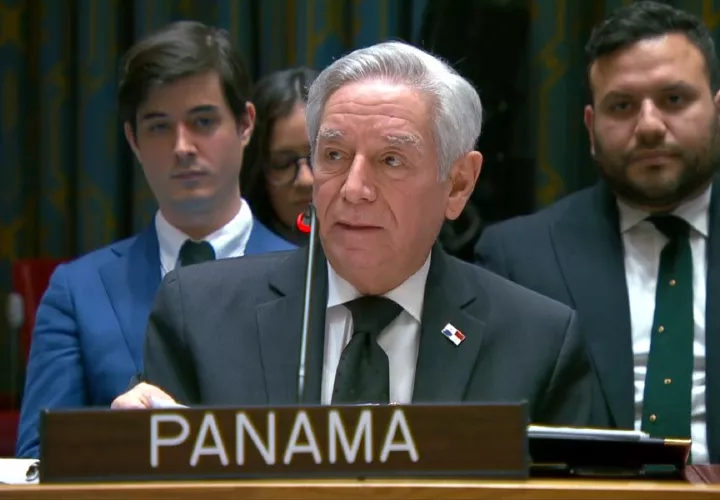Panama’s bid for the “Bilbao Effect”

THE TIMING is right. hard on the heels of the news of the early 2014 opening of the Biomuseo in Panama, comes an exhibition devoted to the world’s most spectacular museums with Frank Gherry's Guggenheim in Bilbao heading the list.
 Will Gherry’s spectacular creation on the Amador Causeway help Panama achieve the “Bilboa Effect”?
Will Gherry’s spectacular creation on the Amador Causeway help Panama achieve the “Bilboa Effect”?
HAMBURG, May 28, 2013 – That time-honored institution, the museum, is gradually being superseded. Increasingly, instead of old-fashioned exhibition rooms, it is gigantic event and experience locations that await the visitor. More often than not designed by star architects, many museums now count among the most impressive buildings of our time. As total works of art, it is not just the treasures within that fascinate, but also the breathtaking symbiosis of exhibits and architecture.
A selection of the world's most spectacular museums has now been compiled by a jury of building experts from Emporis (www.emporis.com), the international provider of building data. The list contains some of the most diverse museum buildings from across the world – from the Solomon R. Guggenheim Museum in New York, opened in 1959, to the Museum of Islamic Art in Doha, Qatar.
The most prominent example is star architect Frank O. Gehry's Guggenheim Bilbao, a building that stands like no other for this new understanding of museum architecture. The shiny silver monumental sculpture was the principal reason for Bilbao's transformation from a small industrial city into a major international center of art, a transformation that has come to be known as the "Bilbao Effect". The building continues to this day to influence the architecture of many a 21st-century museum.
Museum design allows architects to play with a very wide range of architectural forms and styles. This can be seen for example in Daniel Libeskind's deconstructivist works such as the Jewish Museum in Berlin or the Royal Ontario Museum in Toronto. His asymmetrical structures of iridescent steel and glass, with sloping floors and walls without right-angles, attract the attention. That an empty architectural shell can draw crowds all by itself was demonstrated by the 350,000 visitors who came to marvel at the Jewish Museum even before it opened.
Extravagant structures have their price, however, and it is not uncommon for costs to reach into the hundreds of millions. Nevertheless, the wave of unique museum buildings is not about to ebb. In Lyon, for instance, work is proceeding on the planned completion in 2014 of the Musée des Confluences, a massive civic project designed by Coop Himmelb(l)au. The 190-meter-long structure, a combination of a giant crystal and a cloud, floats eight meters above the ground and will house a museum of science and society.
Emporis is a leading database of information about building and construction projects, based in Germany. The Emporis Skyscraper Award is the world's most renowned prize for high-rise architecture.





